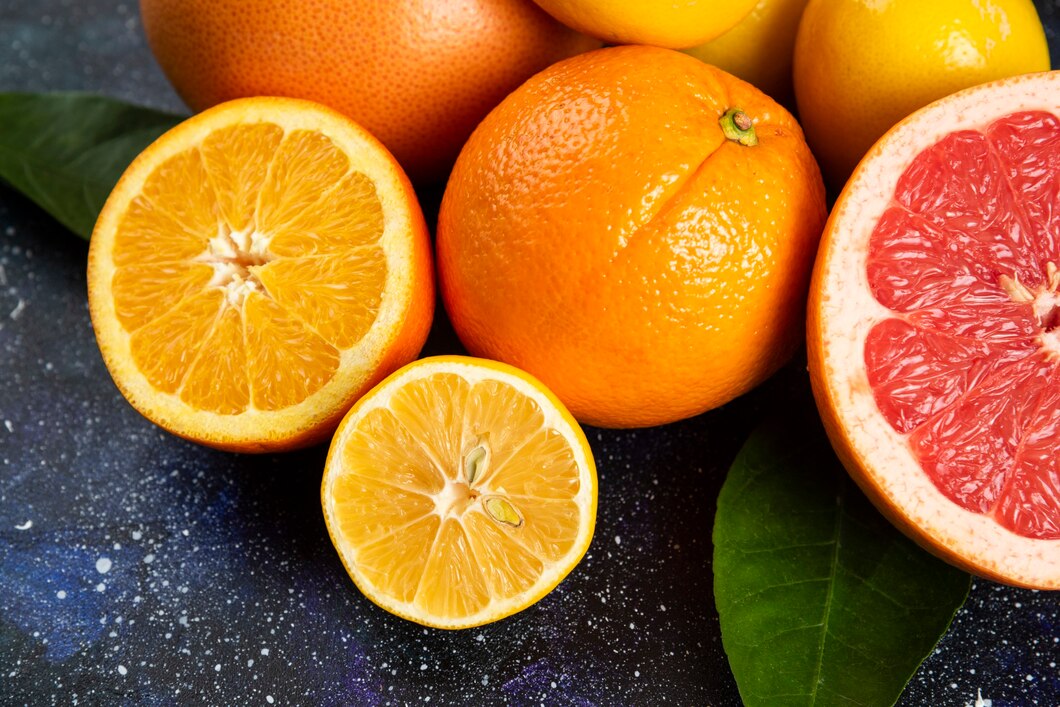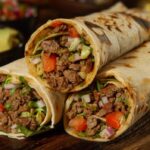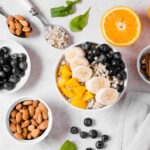Maintaining bladder health is essential for overall well-being, yet many people are unaware of the dietary factors that can contribute to bladder irritation or infection. In South Africa, where diet is often influenced by a variety of cultural and regional cuisines, certain foods can increase the risk of bladder discomfort. If you are prone to bladder issues like infections, incontinence, or irritation, avoiding certain foods can make a significant difference. Here are 20 foods South Africans should avoid for a healthier bladder.
1. Caffeine
Caffeine, found in coffee, tea, and many soft drinks, is a well-known bladder irritant. It can cause the bladder to contract more frequently, leading to increased urgency and discomfort. Decaffeinated options or herbal teas are better choices.
2. Alcohol
Alcohol is a diuretic, meaning it increases urine production and can lead to dehydration. This can irritate the bladder and exacerbate symptoms of incontinence or bladder infections.
3. Citrus Fruits
While citrus fruits like oranges, lemons, and grapefruits are packed with vitamins, their high acidity can irritate the bladder lining, triggering discomfort or urgency. If you experience bladder problems, it’s best to limit your intake.
4. Spicy Foods
Chilli peppers, peri-peri sauces, and spicy curries are beloved in South African cuisine, but they can cause bladder irritation. Spicy foods increase acidity in urine, which can lead to burning sensations and discomfort.
5. Tomato-Based Products
Tomatoes and products made from them, such as tomato sauce, chutneys, and pizza toppings, are highly acidic and can inflame the bladder. Consider opting for milder, non-acidic sauces for your meals.
6. Carbonated Beverages
The bubbles in carbonated drinks, including sodas and sparkling water, can irritate the bladder. The combination of carbonation and artificial sweeteners often found in these drinks can increase bladder sensitivity.
7. Artificial Sweeteners
Common in sugar-free products, artificial sweeteners like aspartame, saccharin, and sucralose can irritate the bladder and worsen symptoms of incontinence. It’s better to use natural sweeteners like honey or stevia if needed.
8. Chocolate
Unfortunately, chocolate contains both caffeine and acidity, which can contribute to bladder irritation. Opt for non-caffeinated snacks or try dark chocolate with lower sugar content in moderation.
9. Processed Meats
Processed meats such as sausages, bacon, and cured deli meats often contain preservatives and nitrates that can irritate the bladder. Fresh, lean meats are a healthier option.
10. Pickled Foods
Pickles, gherkins, and other pickled vegetables are soaked in vinegar, which is acidic and can lead to bladder irritation. If you enjoy these foods, try to limit how often you consume them.
11. Vinegar-Based Dressings
Similar to pickled foods, salad dressings made with vinegar can increase acidity in your urine, leading to bladder irritation. Switch to olive oil-based dressings for a healthier option.
12. Soy Sauce
Soy sauce is high in sodium, which can cause dehydration, leading to concentrated urine and bladder irritation. Opt for low-sodium alternatives, or use soy sauce sparingly.
13. Dairy Products
For some people, full-fat dairy products like milk, cheese, and cream can cause bladder discomfort, especially if lactose intolerant. Consider non-dairy alternatives like almond or oat milk.
14. Energy Drinks
Energy drinks are loaded with caffeine, sugar, and artificial additives, all of which can contribute to bladder issues. For sustained energy, opt for natural hydration methods like coconut water or electrolyte drinks.
15. Onions
Raw onions can cause bladder irritation in some individuals due to their strong acidic content. Cooked onions tend to be less irritating, so incorporating them into meals in moderation is a safer option.
16. Garlic
While garlic has many health benefits, its strong flavor and acidic properties can lead to bladder irritation, especially when consumed in large quantities. Use garlic sparingly if you notice bladder discomfort after meals.
17. Beetroot
While beetroot is highly nutritious, it can sometimes cause bladder irritation due to its oxalate content. If you experience discomfort, try limiting your intake or opting for other root vegetables like sweet potatoes.
18. Processed Foods
Many processed foods are high in sodium, preservatives, and artificial additives, which can irritate the bladder. Reducing the consumption of chips, instant noodles, and pre-packaged meals can help improve bladder health.
19. Cranberry Juice (in excess)
Although cranberry juice is often recommended for urinary health, it can be too acidic if consumed in large amounts, leading to irritation. Limit your intake or dilute it with water.
20. Salt-Rich Foods
Foods high in salt, such as chips, salted snacks, and certain preserved meats, can dehydrate the body and irritate the bladder. Reducing sodium intake can help maintain bladder comfort and function.
Bladder health can be significantly affected by your diet, and avoiding these 20 foods may help reduce irritation, discomfort, and other bladder-related issues. South Africans who are mindful of their food choices can promote better bladder function and overall well-being. Along with dietary changes, staying hydrated with water, engaging in regular physical activity, and maintaining a balanced diet rich in whole, unprocessed foods can go a long way in keeping your bladder healthy.








